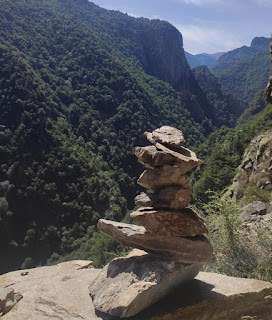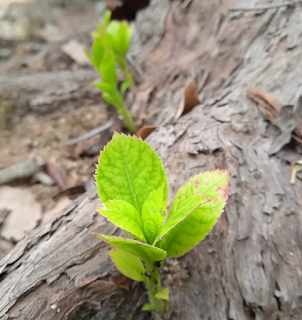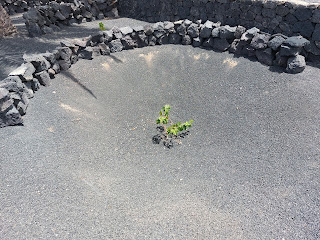LEADERSHIP, POWER, AND ORGANIZATIONAL CULTURE

Original article published in catalan on 11/04/2022 Last weekend, I was reading an article written by Xavier Marcet titled "The Pride of Having Substitutes", which focuses on defining and promoting a certain style of leadership. Some of the reflections he shares include: "To lead is to serve and not to serve oneself," "If we play a leadership role, our responsibility is to create new leaders," and "What is not acceptable is people who climb up to gain power and then are unable to understand that people don't work for them, but rather, the higher you are, the more you work for others." "I also know proud entrepreneurs who misuse power for improper ambitions." This article, inspiring as always when you read an article by Xavier Marcet, coincided with the moment when I'm reading an interesting book by Julie Diamond called "Power. A User's Guide." I'm currently at a part where she explains that adopting a high ...





